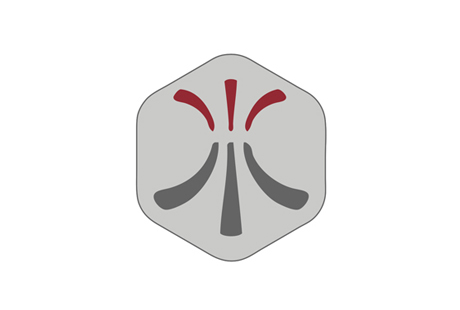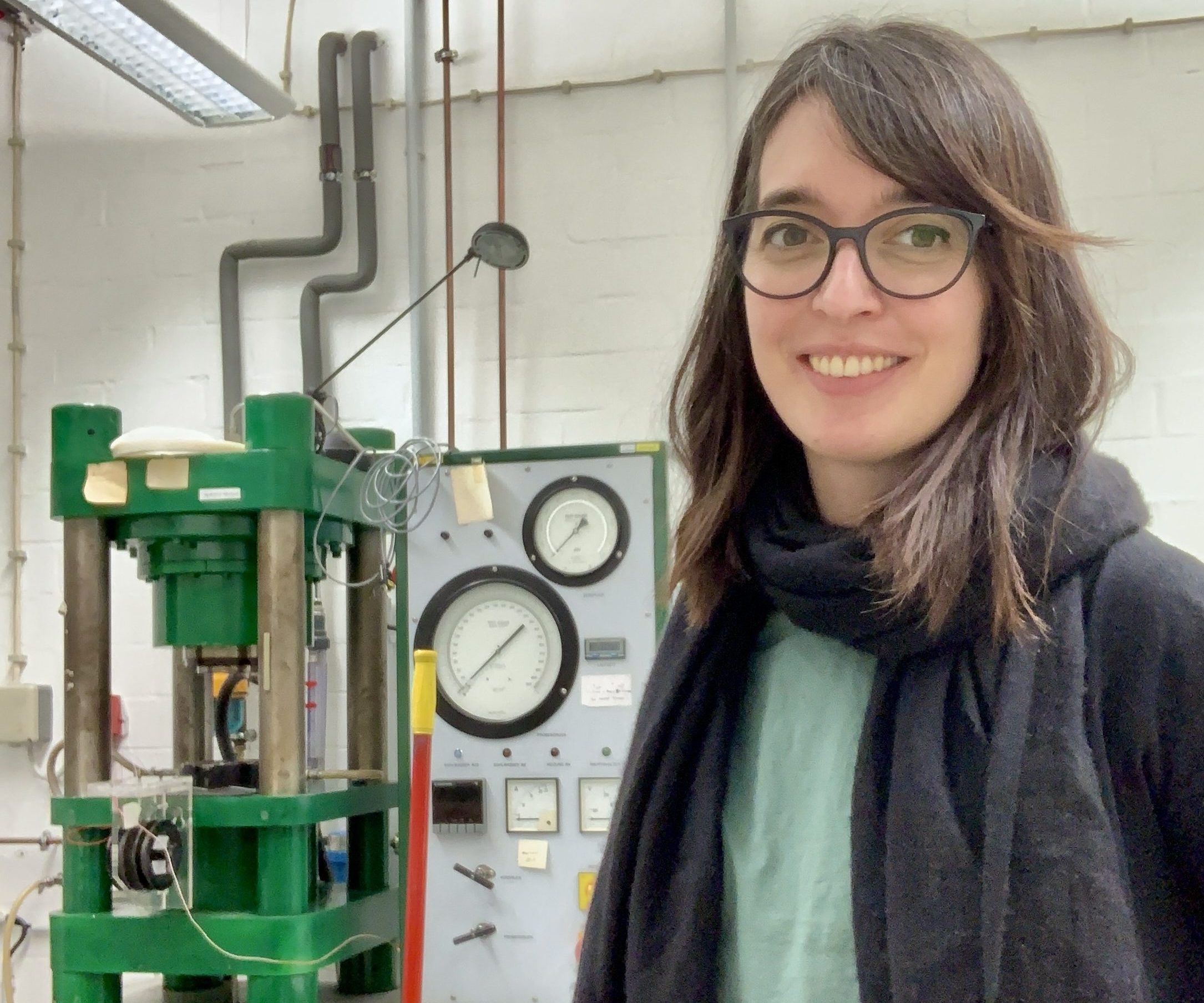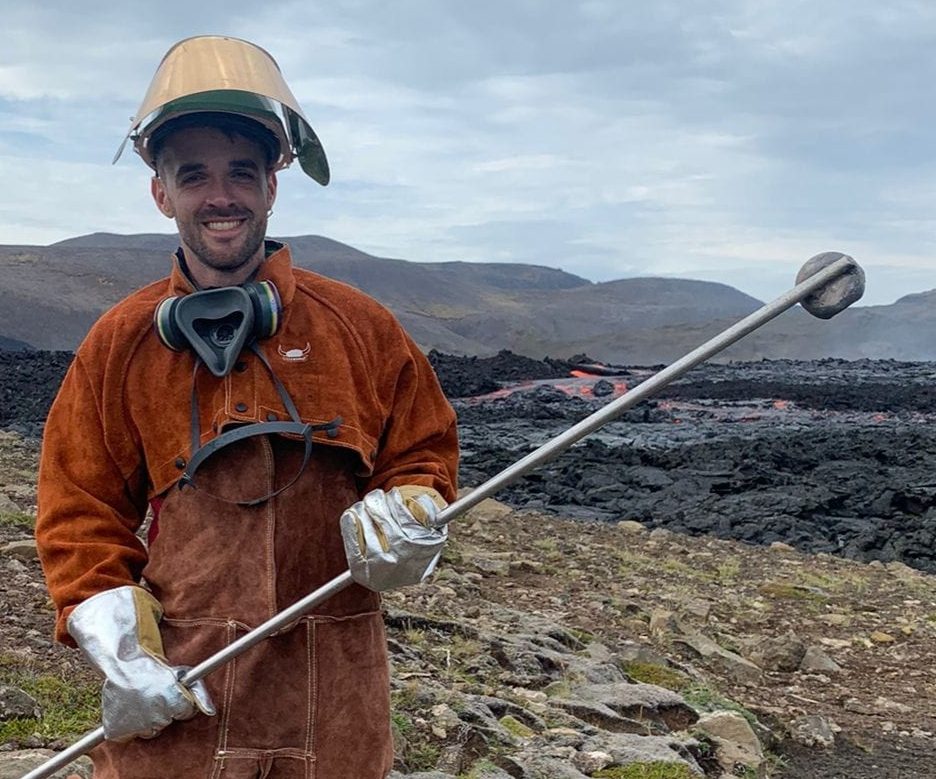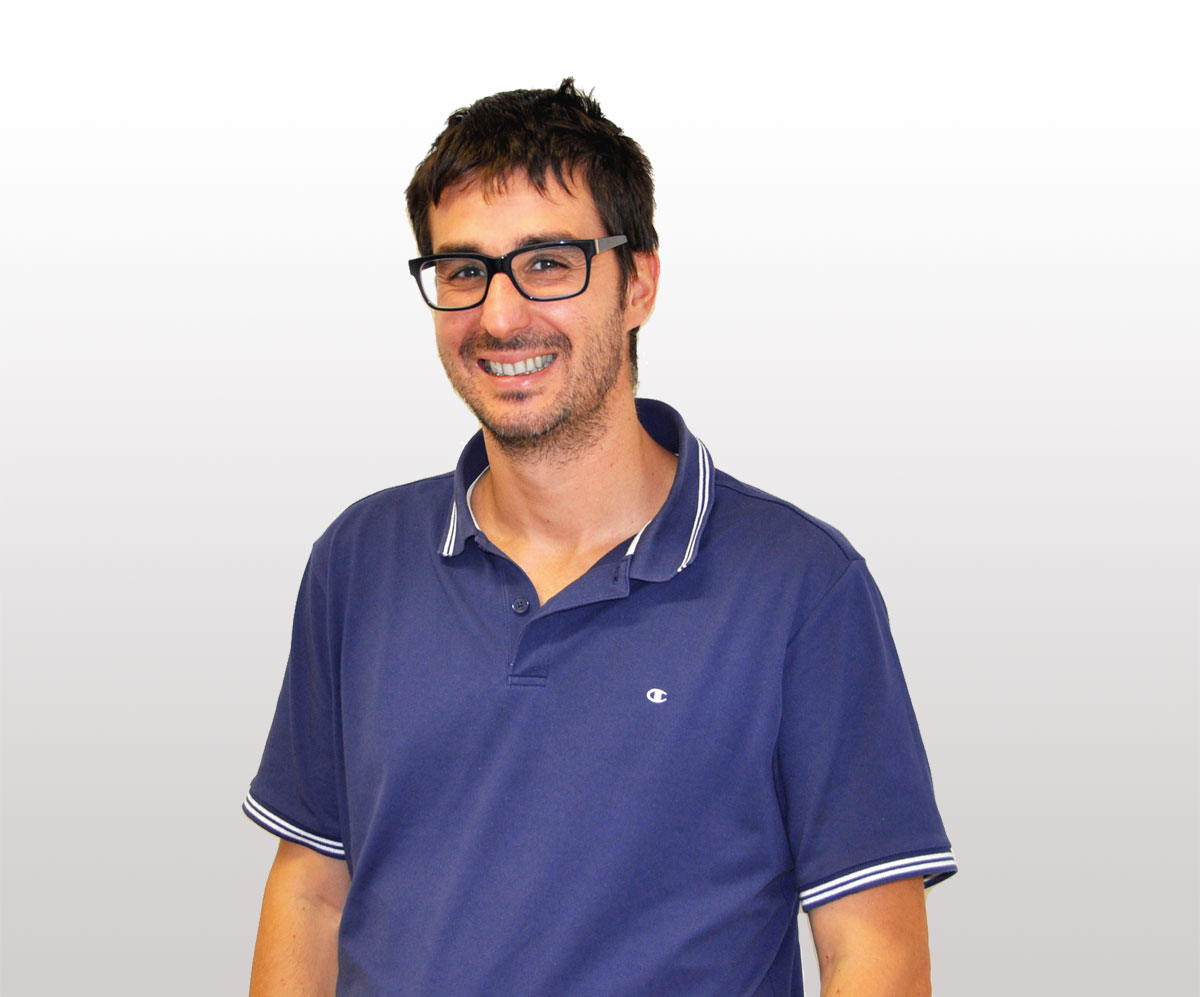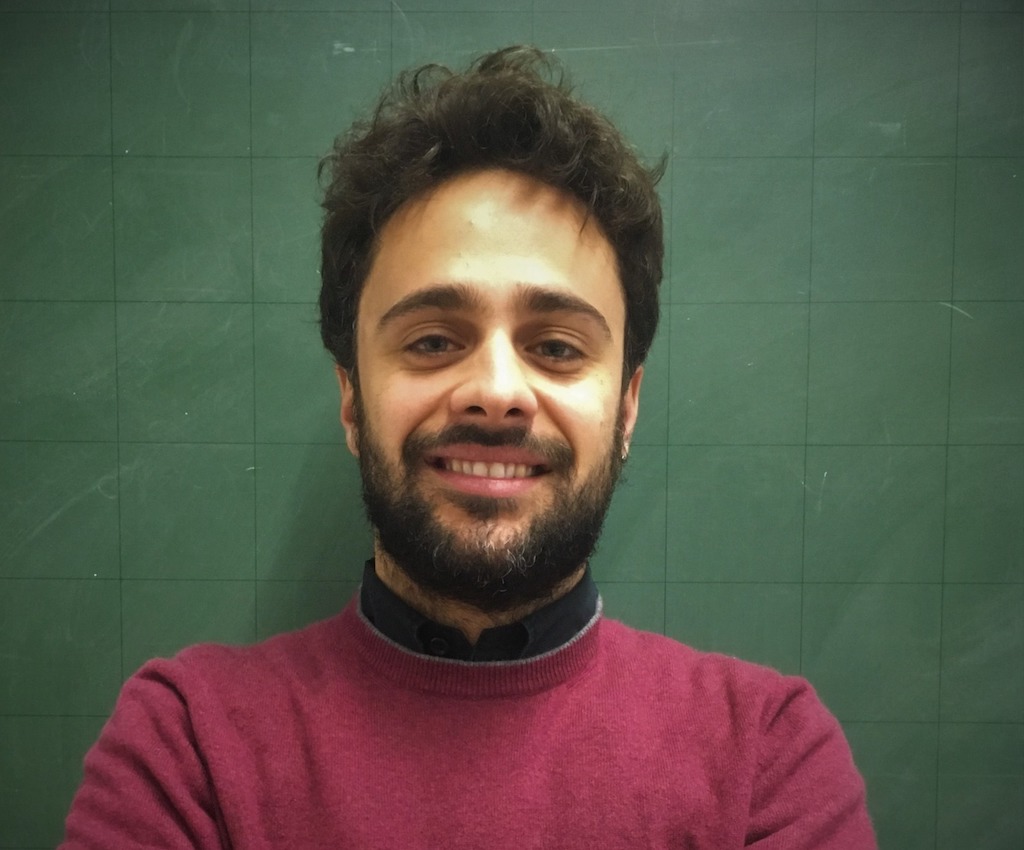Natural systems, including magmas and volcanic systems, are more than the sum of their parts. Contrary to reductionism, the holistic approach does not pose limits to the possible outcomes of a natural system, allowing it to produce unexpected and often surprising behaviours. We aim at studying magmatic and volcanic systems considering the non-linear interactions between their fundamental components. We believe this is essential to generate further knowledge and to shed new light on these complex natural systems.
Magmatic and volcanic systems are featured by a large number of interacting components whose aggregate activity is nonlinear and typically exhibit hierarchical self-organization. A direct attack to the complexity of these natural systems is necessarily based on interdisciplinary research. Our aim is to integrate classical Petrology and Volcanology, High-Temperature experiments, Chaos Theory and Fractal Geometry, Physics, Fluid-Dynamics and Engineering to produce further knowledge on the evolution of magmas from their formation at depth to eruption on the Earth surface.
Rather than building our experiments on what we should expect from a magmatic or volcanic system, we aim at designing experiments which are constrained by natural samples. Rocks preserve the memory of what happened during magma evolution prior and/or during a volcanic eruption. Our goal is to decrypt this fundamental information by applying concepts from Chaos Theory and Fractal Geometry. Numerical simulations help us to identify the basic processes leading to the observed complexity of rock samples. Experiments are performed using the same geometries and boundary conditions used in the simulations in order to mimic as close as possible what processes were responsible for the production of natural samples.

